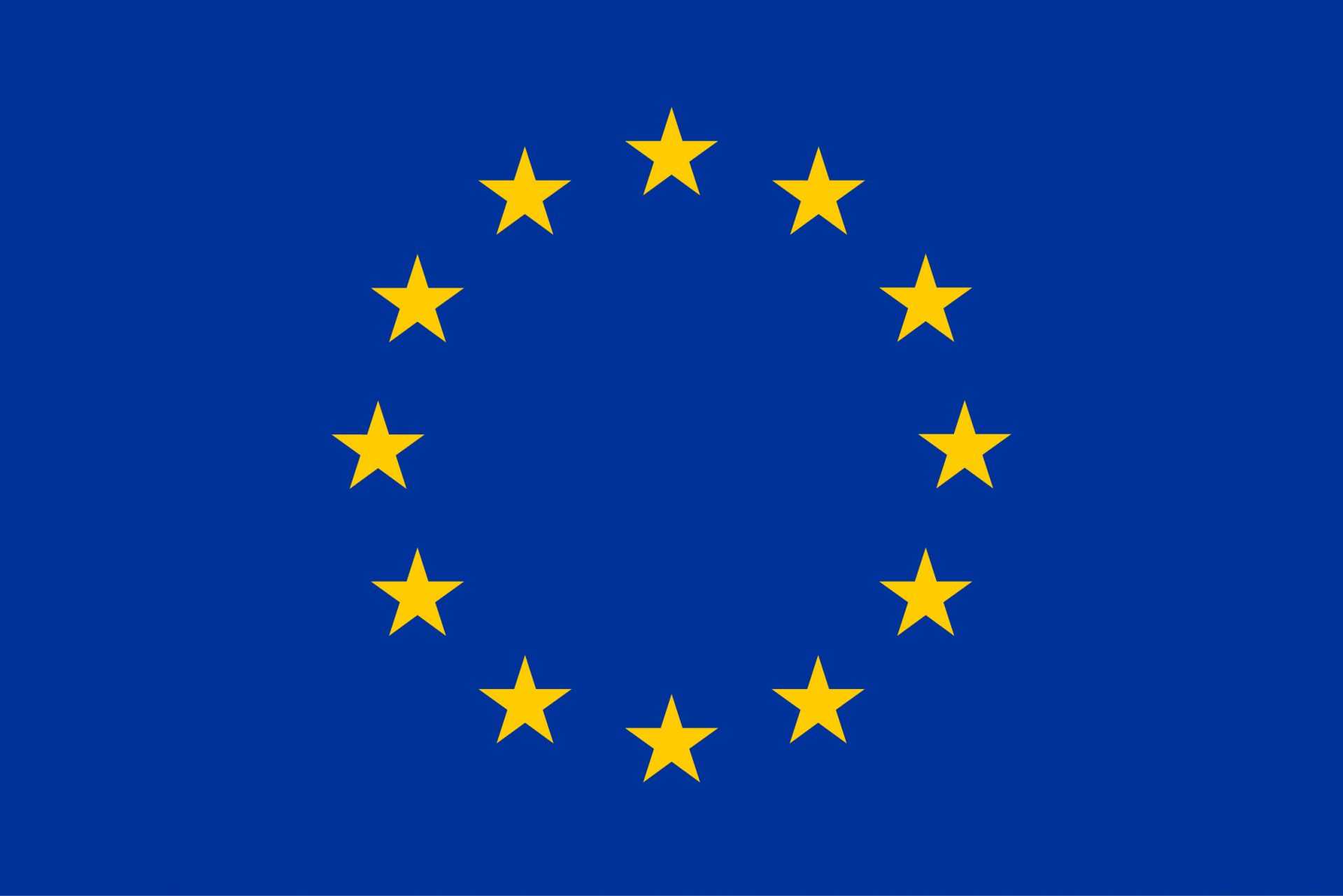
Tag: children
Strengthening access to justice for migrant children
One of the main obstacles in access to justice for migrant children is the lack of lawyers specialized in international human rights and EU law on children’s rights and on the use of international human rights mechanisms, who can act as an effective point of entry to the justice system for migrant children.
To enhance access to justice for migrant children across the EU, the project aims to create pools of national lawyers in Bulgaria, Germany, Greece, Italy, Ireland, Malta and Spain who are able to defend migrant children’s rights effectively through the courts and to assert the right of the child to be heard and to have her or his views taken into consideration in judicial proceedings.
The project will establish a European group of lawyers with expertise in strategic litigation for migrant children’s rights, who can act as agents of change both in their own countries and at European level.
In order to support migrant children as they seek to enjoy their fundamental human rights, we’re teaming up with colleagues from International Commission of Jurists – European Institutions (Lead Partner), Greek Council for Refugees (GCR) (EL), Fundacion Raices (ES), Bundesfachverband Unbegleitete Minderjährige Flüchtlinge e.V. (B-UMF) (DE), Legal Clinic for Immigrant and Refugees (LCIR) (BG), Immigrant Council of Ireland (ICI) (IR), and Scuola Superiore Sant’Anna (SSSA).
FAIR will gives us the opportunity to focus on extremely vulnerable persons. We will be able to strengthen the structures intended to support children as they make their way through various procedures and institutions.
It’s a great opportunity to alert the legal community to childrens’ rights, as well as to work with expert colleagues and friends! (Neil Falzon, aditus foundation Director).
Fostering Access for Immigrant children’s Rights (FAIR) will be implemented from 1 March 2016 through to 1 March 2018. We’ll be organising various activities gears towards improving access to rights for migrant children.
The project is co-funded by the Rights, Equality and Citizenship Programme of the EU and the Open Society Institute Budapest Foundation, and implemented in cooperation with the AIRE Center, Child Rights Connect, and the Associazione per gli Studi Giuridici sull’Immigrazione (ASGI) (Italy).
You can see full project details here.

Co-funded by the Rights, Equality and Citizenship (REC) Programme of the European Union.
This publication has been produced with the financial support of the Rights, Equality and Citizenship (REC) Programme of the European Union. The contents of this publication are the sole responsibility of the project partners and can in no way be taken to reflect the views of the European Commission.
NGOs welcome the Prime Minister’s pledge to stop detaining children
We welcome the Prime Minister’s public pledge to put an end to child detention, made on the occasion of Freedom Day 2014. We are also keen to explore how we can support any initiatives, programmes and procedures necessary for effectively implementation.
Although Malta’s national policy on migration and asylum already clearly states that children should not be detained, children reaching Malta by boat are in fact detained on arrival. In some cases it is for a few days, but in many other cases children are detained for months, without any provision for special care, education, protection or support, including while a decision is taken regarding their claim to minor age in the case of unaccompanied or separated children. In most cases these were children who were forced to flee their homes with their families or alone due to war or persecution, living through experiences no child should go through.
We believe that children should never be detained, even for a few days. We have therefore consistently advocated for Malta to bring its laws and policies in line with international and EU standards by putting an immediate end to child detention and setting up proper facilities for the reception of children.
The Prime Minister’s commitment is an important first step in the process to revise the current reception regime to provide the appropriate shelter, care and on-going support to children reaching our shores.
We are hopeful that the Prime Minister’s words are indicative of a willingness to actively engage with us all in a review process of the way Malta receives and treats migrants, asylum-seekers and refugees.
We also urge the Government to ensure that, in all circumstances, the best interest of the child remains the over-riding priority.
Refugee girl caught between her biological & her ‘foster’ family: aditus comments
A five-year-old Eritrean girl is caught in the middle of a heartbreaking legal battle between the Maltese woman she has lived with all her life and her biological parents, who are migrants about to relocate to Switzerland.
Today, a judge will seal the girl’s fate, deciding whether she will leave tomorrow, as planned, with her parents and three siblings, or, as her “ad hoc” guardian is requesting, go on with her life in Malta until a smoother transition can take place.
Tragically, experts warn, this is not a one-off case.
Meanwhile, human rights campaigner Neil Falzon (Aditus) says this situation would never have arisen if regulations on fostering and adoption were enforced.
“I don’t know why there is this idea that you can go to the open centre as if it’s a supermarket and choose a child because you want to help,” he said. Maltese people and migrants were entering into these “ad hoc” arrangements out of goodwill but by doing so out of a legal framework neither was acting in the child’s interests, he said.
If this happened within a controlled system, everyone involved would have been given counselling and training to make sure the fosterers and parents were prepared for these eventualities.
“Had this been done within a legal framework, the whole discussion would not have arisen,” he said, warning there were “many” similar cases where laws were being “sidelined”.
*Names have been changed to protect the girl’s identity.
Read the full story on The Times here.
